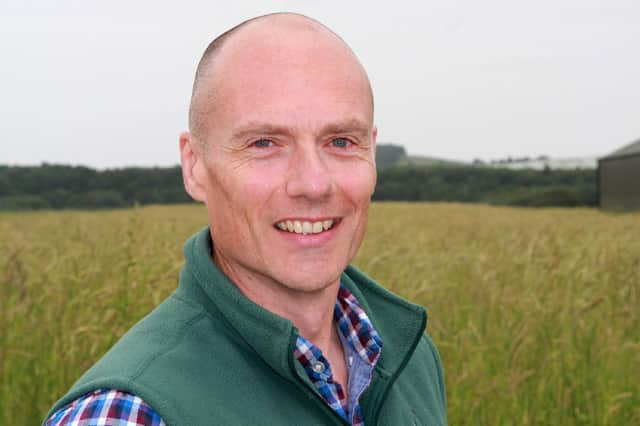We need a new agri-environment plan as a matter of urgency - Dave Parish


Despite the despicable horse-trading that took place between a few key players at the last minute, taking the remaining participants by surprise and greatly watering down the final agreement, it was lauded as a success with countries committing to further improve various climate-related goals within a year, amongst other things. The commitment to further improve climate plans was critical because, even if all the other agreed actions were implemented, analysts suggested that global warming was still likely to exceed 2°C by 2050. Let’s not forget what this could mean. The IPCC scientists recently concluded that “every additional 0.5°C of global warming causes clearly discernible increases in the intensity and frequency of hot extremes, including heatwaves, and heavy precipitation, as well as agricultural and ecological droughts.” This means even small increases really matter and could have major consequences. A pity then that some countries have already reneged on this part of the agreement.
Before the event, GWCT called on Scottish leaders to agree to support farmers in Scotland as they adapt to the inevitable changes in climate that will happen even if temperature increases are limited to 1.5°C which currently looks extremely optimistic, and for increased funding for research and development. We probably don’t have all the tools required to make sensible wholesale changes to systems and processes, and Government must recognise that those major changes needed will have to be implemented whilst maintaining output to feed an ever-increasing world population without contributing to a further decline in biodiversity. These details have not yet been addressed in the competition for headlines amongst the COP26 attendees and, given the relative hiatus in the development of Scottish agri-policy at present, it remains to be seen what measures will be put in place to support farmers through this challenging time.
Advertisement
Hide AdAdvertisement
Hide AdWe again urge the Scottish Government to act decisively over the coming years and draw-up detailed proposals addressing these issues and publish a plan for agri-environment policy that will include more than a nod to the perils of climate change and greatly improve on past versions in their effectiveness at supporting and increasing farmland biodiversity. Millions of pounds have been spent in this area over decades with few success stories to show for it and ever declining numbers of farmland birds, bees and butterflies. If summers are going to become drier and winters wetter, with storms and heatwaves a regular feature, much will need to change in the Scottish countryside to maintain food supplies, wildlife habitats and the many ecosystem services we all rely on. And don’t forget the farmer and his family in this! New plans should be drawn up after extensive consultation with a range of individuals and groups, otherwise they will be doomed to fail before they begin. COP26 was a disappointment to many and what happens next in 2022 will be key to determining what our future holds.
Dr Dave Parish, Head of Scotland Lowland Research, Game & Wildlife Conservation Trust
Comments
Want to join the conversation? Please or to comment on this article.